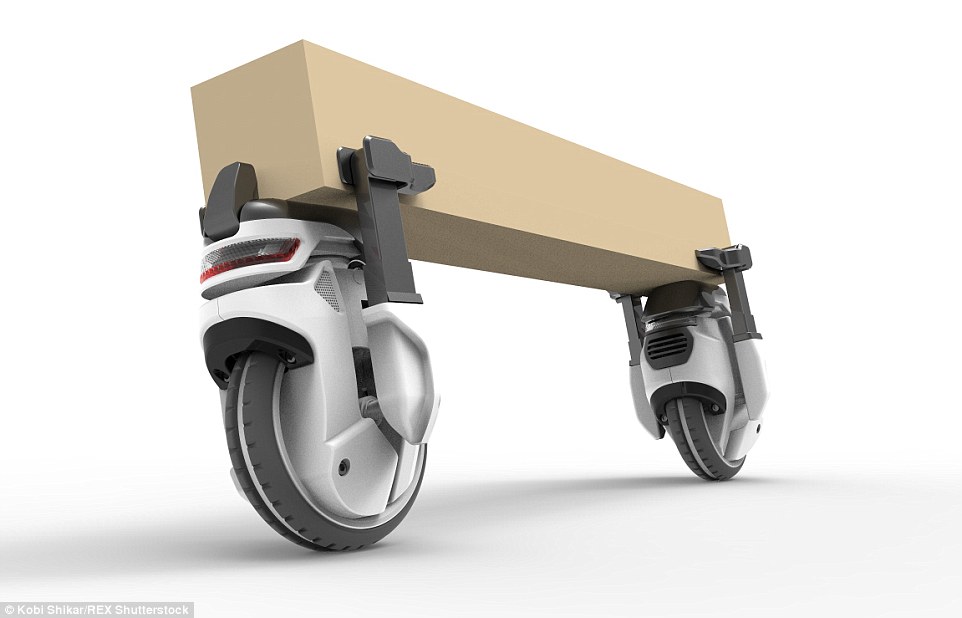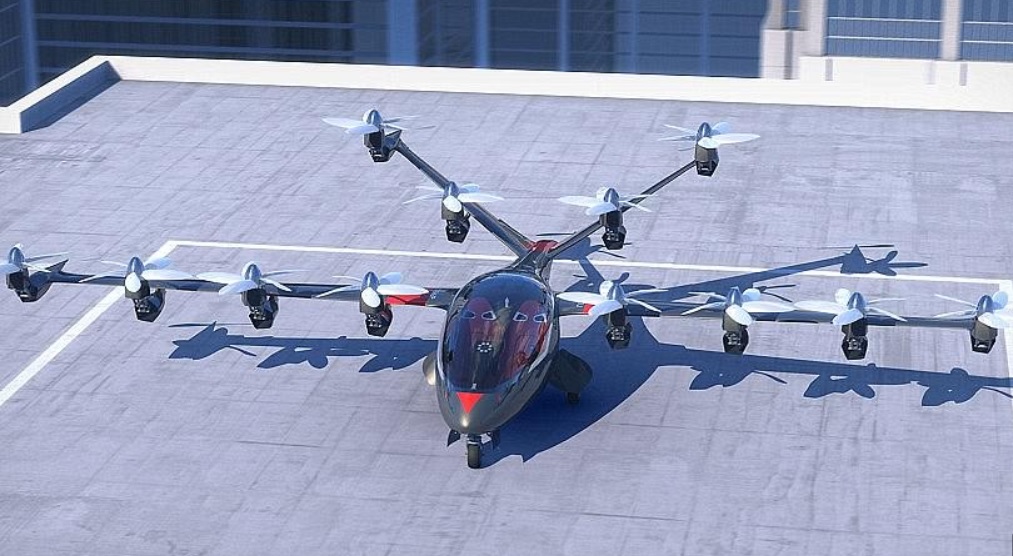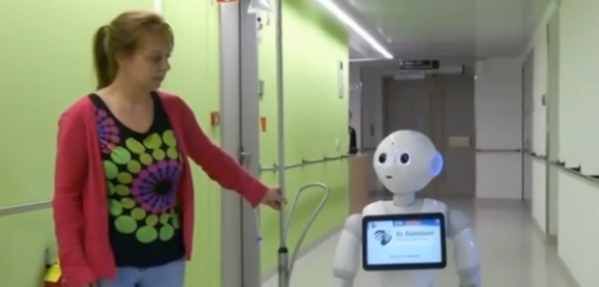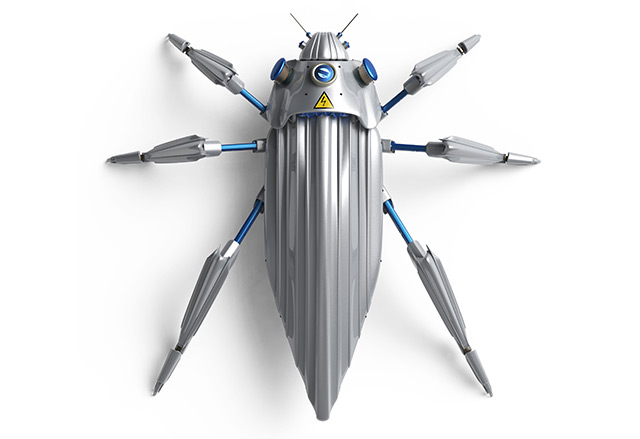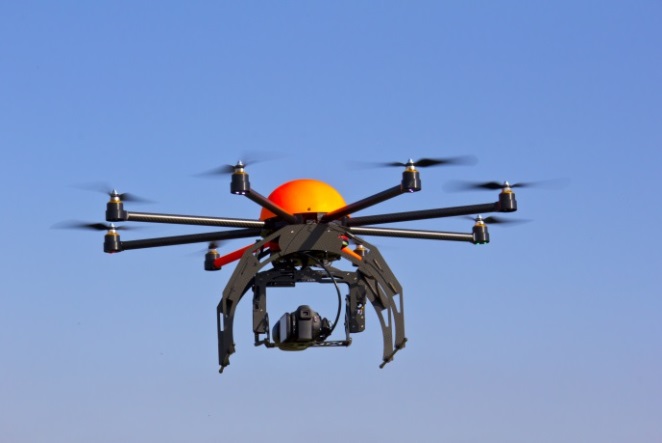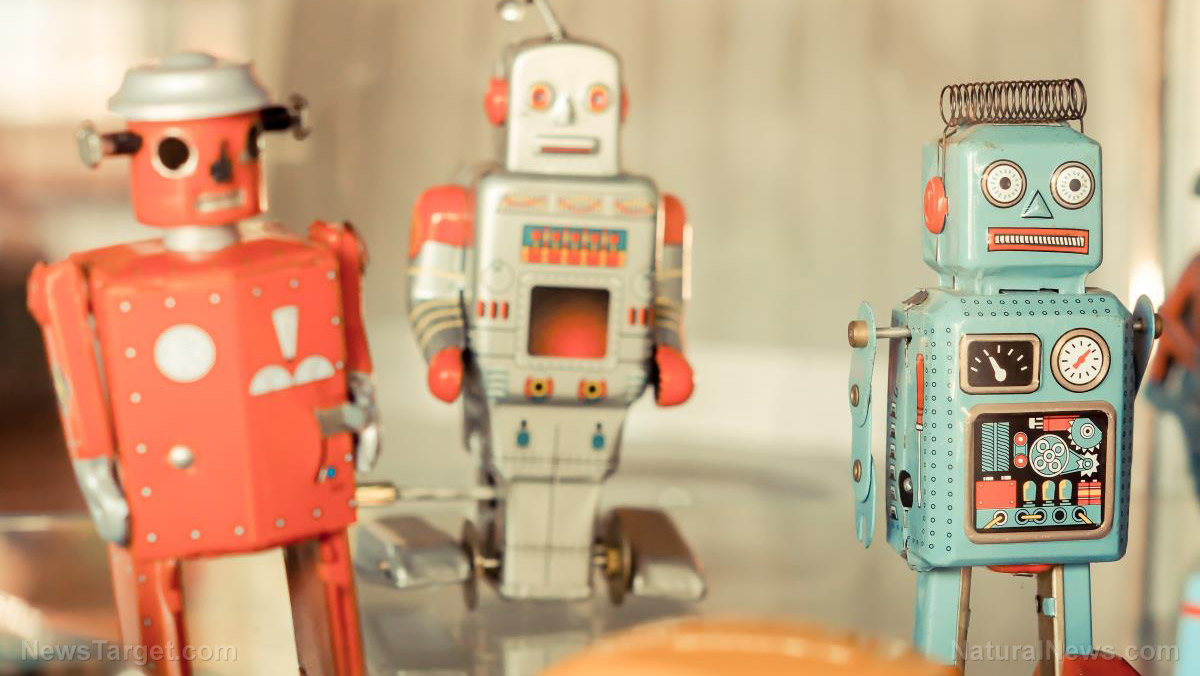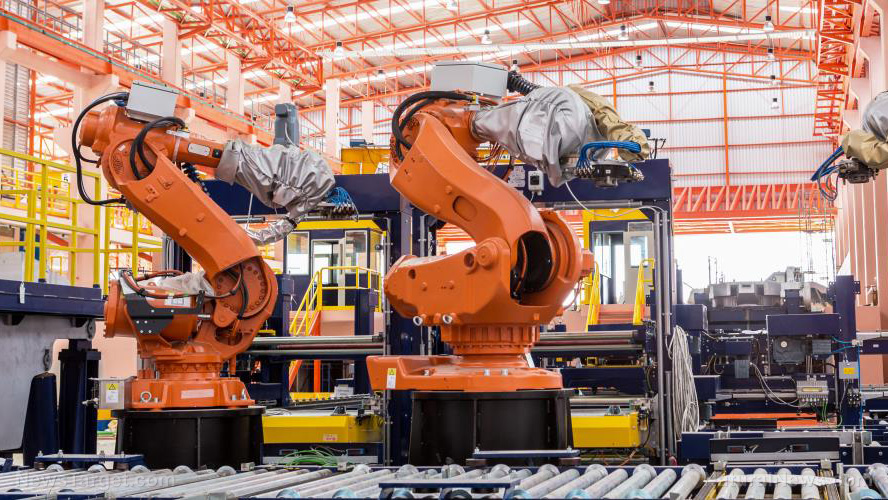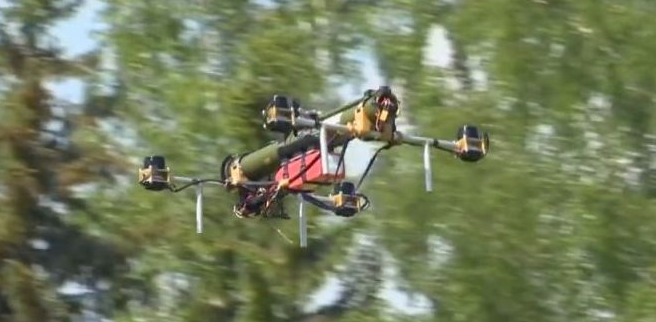A time-consuming chore of everyday life is purchasing groceries week after week. Fortunately, the days of driving to the supermarket may soon be over. Starship has recently debuted a self-driving robot capable of delivering groceries to customers’ homes in 30 minutes or less.
The self-driving robot was developed by Skype co-founders Ahti Heinla and Janus Friis. The company unveiled the six-wheeled robot this week and claims the device will reduce the price of home delivery services to almost nothing. The robot coasts along the pavement at 4 mph with the use of proprietary mapping and navigation technology. Prototypes of the robot are currently being tested. The company plans to introduce pilot services in the US and UK in 2016.
“The last few miles often amounts to the majority of the total delivery cost,” claims CEO Ahti Heinla in a press release. “Our robots are purposely designed using the technologies made affordable by mobile phones and tablets — it’s fit for purpose, and allows for the cost savings to be passed on to the customer.”
Customers can place an order using a mobile app, track the robots and unlock its interior compartment once it arrives at their doorstep.
When robots walk the streets
Each robot can carry roughly two grocery bags or 20lbs. They will operate out of hubs, which are shipping containers deliberately built to be in close proximity to grocery stores. The robots will return to the hubs in between deliveries, for recharging and cleaning purposes, if necessary.
“If we decide to start serving an area, we need to run the robots for some period of time under human control – maybe a few days, maybe a few weeks, to map all the landmarks and lanes and potholes. After that, the robot can drive itself,” said Friis.
“If anything comes up, like a difficult road crossing or a new unexpected situation on the roads, or if there are lots of people around and it needs to figure out how to navigate through them, it can always call home, and the operator can see what the robot sees and overtake the driving.”
The local delivery market in the UK is worth approximately £150 billion. This includes package delivery services and personal shopping trips made by people. Starship claims deliveries made by robotics will be five to fifteen times cheaper than deliveries made by people. The company also claims that the robots will produce and consume less energy than most light bulbs.
A couple of hiccups in Starship’s path
Despite all their advertised advantages, however, these delivery robots aren’t without their critics. Many argue estimates for the robots’ energy consumption are uncertain. Nor is there any way of telling whether the machine would be more cost-effective than large-scale delivery trucks.
Friis challenged these remarks, noting that Starship robots are being developed at a cheaper and quicker rate than self-driving vehicles, which have taken ten years and billions of dollars to produce. Self-driving robots are easier to make because they don’t run as fast as self-driving cars.
Still, there is no question that self-driving robots will be much more susceptible to burglary, or even dog attacks, than your classic delivery man. The only defense the robot has is a speaker and camera controlled by a person. If someone tries to steal the robot, the operator can yell, “Stop what you’re doing! We know your location. The police will arrive in five minutes.” Notwithstanding this safety measure, though, it is highly unlikely that these remarks could stop a pernicious thief in his tracks.
Whether self-driving cars will be more efficient than human delivery services is uncertain. What is known for sure, however, is that sooner or later, either of the two will be kicked to the curb.
Sources:
Telegraph.co.uk
TheVerge.com

